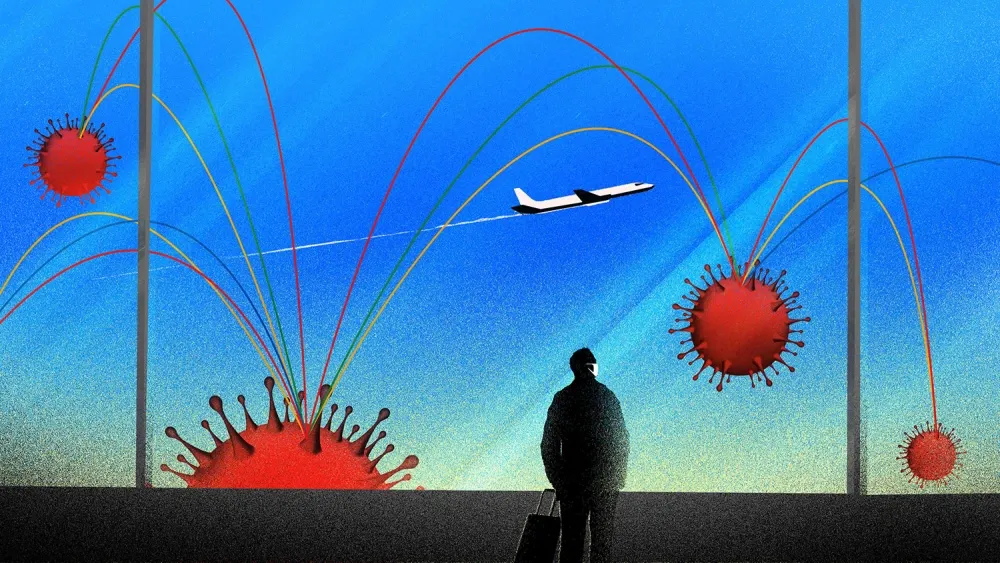
One of the things the pandemic has taught me is to be cautious about folks being quick to give vague expert qualifications.
"As a medical professional" could mean they're a surgeon...or it could mean an X-Ray tech or a phlebotomist. And frankly, I don't care about the opinion of any of those professions on a pandemic - I want the opinion of a epidemiologist or the like, not a surgeon.
And I see that type of thing more and more on all kinds of topics online, especially on Twitter. People will chime in with "As a legal professional..." and it turns out they're a security guard. Or "As a computer networking professional..." and it turns out they're tier 1 tech support. Or "As someone in the financial industry..." and it turns out they've been a teller at the local credit union for 3 months. Or "As a scholar in the field of mental health..." and it turns out they're a 2nd year psych undergrad.
Anyways, this isn't to demean any of those professions! We need surgeons and tier 1 tech support and bank tellers!
But people really only tend to have real expertise in very narrow fields of experience, and just a more general type of familiarity with the penumbra of skills surrounding what they actually do. And that general familiarity probably does make you a bit more knowledgeable than your friends who aren't in a related field.
But it doesn't make you the kind of authority who should be being quoted and repeated to others. Use your familiarity perhaps to direct people towards actual experts. Recognize the limits of your own expertise.
And be suspicious of strangers on the internet giving vague expert qualifications.
I must say, lawyers seem to be one of the few professions where they all seem very reluctant to claim expertise beyond their actual training. I wonder if it comes from having to draw distinctions in court like that.